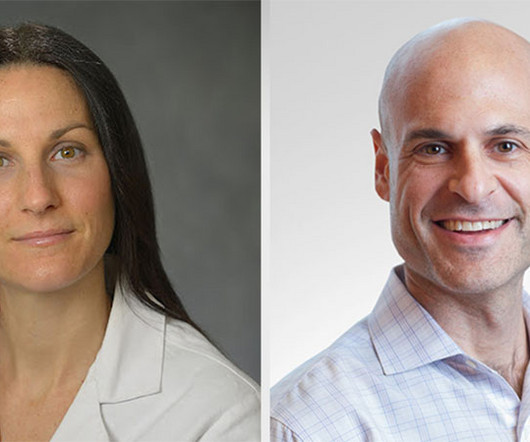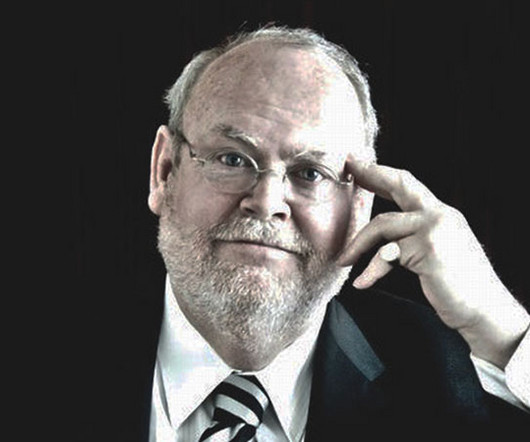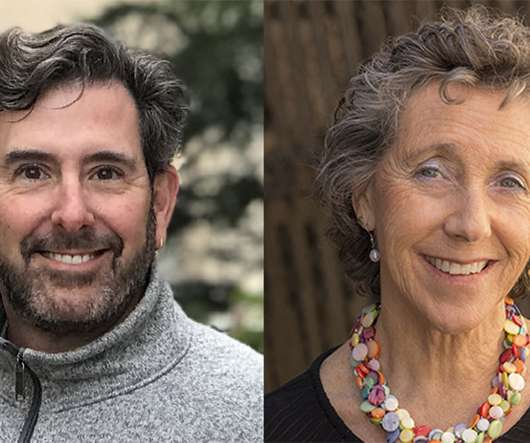Health and Wealth Shocks: Lauren Hunt, Rebecca Rodin, Tsai-Chin Cho
GeriPal
JUNE 26, 2025
Those disruptive events or shocks often portend a major decline in function from which people with dementia never fully recover. Today we talk about disruptive events, or health and wealth shocks. So thought it related to our theme of disruptive events about different ways in which you may experience an early demise.





















Let's personalize your content